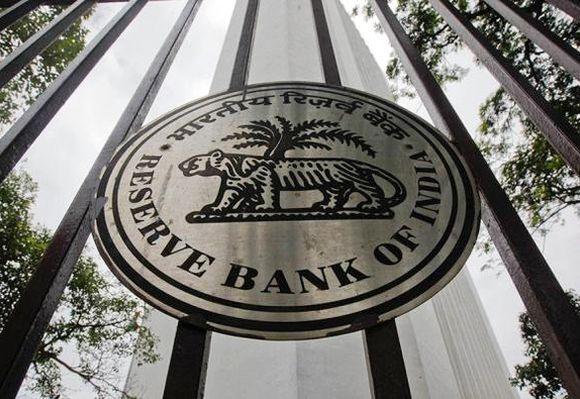The first major aspect is that of the veto power to the governor.
 All said, one must thank the financial system and perhaps the new finance code for raising so many new aspects and issues associated with the monetary policy, the way interest rates were determined earlier and will now be done.
All said, one must thank the financial system and perhaps the new finance code for raising so many new aspects and issues associated with the monetary policy, the way interest rates were determined earlier and will now be done.
Several aspects have come to the fore and after a healthy debate and with a constructive approach taken by the government and the central bank, there seems a calm understanding and agreement on the subject, at least for now.
Three significant matters came up for discussion. The first major aspect is that of the veto power to the governor.
There the governor himself has expressed the difficulty in the current system is that it personalises the policy too much. As reported in a section of the press, he has expressed that in the current system a person with veto powers can make mistakes.
A committee would be less prone to mistakes and they are less susceptible to pressure. Continuity is ensured even if one member goes.
The institutionalisation of the monetary policy will require a framework and then creation of a policy committee. The veto power would undermine the committee.
The evaluation of this approach suggests that a robust framework would be created first and then the committee. The framework itself will, therefore, require examination of all the factors including those on casting vote, should there be a stalemate situation.
The framework will have to address the rule-based approach to interest rates and provide sharply articulated for the qualitative adjustments.
Then again, more significantly, there will have to be an understanding on the extent to which the monetary policy could be stretched to support or spurt economic growth.
The second critical aspect that came up for discussion was on RBI's independence. It was nice to note that the governor believes there is a healthy respect between the government and the central bank and also that the central bank finally decides the course of the monetary policy.
In the context of the new code, therefore, it would signify that for present the Patel working group approach or any future modification to the approach will be articulated by the central bank, and will be the underlying basis to the policy.
The third critical aspect is a fine articulation of RBI's independence. Though various academic economists have used attributes that determine independence, but de facto independence has been provided by the government to the central bank.
The governor believes that, de facto, the central bank is independent.
Let us now examine the implications. To begin with the debate and the discussion that followed the draft code will provide the investor community a substantial comfort.
Both domestic and overseas investors place a significant weightage to the investment decision based on the independence available to the central bank.
The governor and the central bank enjoy a substantial reputation and respect from the investor community worldwide.
The code and de facto independence of the central bank will go a long way to gain their confidence in funding ambitious economic growth and infrastructure requirements.
The framework and the formation of the monetary policy committee is eagerly awaited.
(The author is Managing Partner, Ashvin Parekh Advisory Services LLP. Views are personal.)











